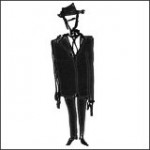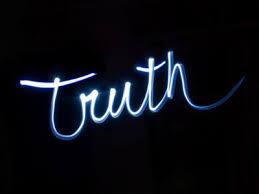UK activists’ clarion call to civil societies around the world: ‘Expel Israel from the United Nations’
The winter storm has severely impacted the people of Gaza, many of whom are still living in temporary shelters since they have been unable to rebuild after the Israeli assault in July and August of 2014 that left over 2100 people dead and tens of thousands homeless.


